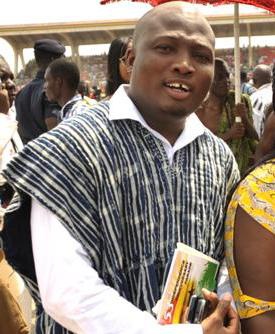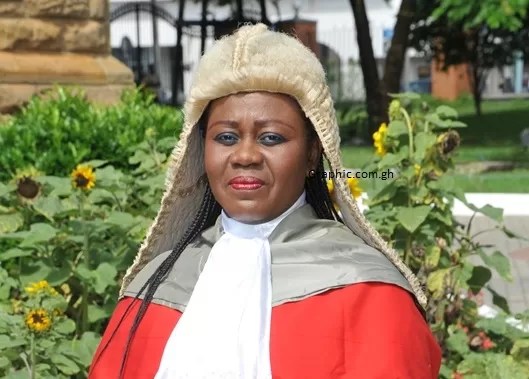In a surprising escalation of trade tensions, the United States has imposed an additional 15% tariff on products imported from Ghana. This marks a sharp increase from the earlier 10% hike and has sparked concerns about the future of Ghana–US economic relations.
According to diplomatic sources, the decision appears to have been influenced by recent remarks made by Ghana’s Minister for Foreign Affairs and North Tongu MP, Samuel Okudzeto Ablakwa, who openly criticised the initial tariff hike. Ablakwa, known for his assertive diplomatic style, is said to have questioned the rationale behind the US government’s decision during an international policy forum last month.
Ablakwa’s public critique may have drawn the ire of the White House, leading to what some analysts see as a retaliatory economic measure. The US has not formally linked the tariff hike to the Ghanaian minister’s comments.
Ablakwa’s Controversial Political Persona
Samuel Okudzeto Ablakwa, a long-standing member of the opposition National Democratic Congress (NDC), first entered Ghana’s Parliament in 2009. He served as Deputy Minister of Information under President John Evans Atta Mills and later as Deputy Minister of Education under President John Dramani Mahama. Over the years, Ablakwa has carved a reputation for his passionate advocacy, sharp criticism of government decisions, and fiery parliamentary debates.
The late former President Jerry John Rawlings famously nicknamed him “the baby with sharp teeth”, a phrase that was initially intended as a criticism of his perceived disrespect toward political elders and opponents. However, the nickname has since become a symbol of Ablakwa’s aggressive and fearless political approach.
Ghana–US Trade Relations: A Complicated History
Ghana and the United States have enjoyed strong bilateral relations for decades, particularly in trade and development cooperation. Ghana has traditionally exported cocoa, gold, processed foods, and textiles to the US under various trade agreements, including the African Growth and Opportunity Act (AGOA), which grants duty-free access for select products from eligible sub-Saharan African countries.
However, Ghana’s eligibility under AGOA has faced challenges in the past. In 2018, the US suspended Rwanda, Uganda, and Tanzania from certain AGOA benefits over trade and human rights issues, signaling its willingness to use economic leverage for diplomatic influence. Ghana narrowly escaped such sanctions during the same period.
In recent years, the US has also expressed concern over growing Chinese and Russian influence in Ghana and other West African nations. Some analysts suggest the current tariff increase may be a broader signal of Washington’s dissatisfaction with geopolitical shifts in the region — though the Ablakwa incident appears to have brought things to a head.
Economic Impact and Response
The latest tariff hike is expected to have ripple effects across Ghana’s export economy, particularly in sectors like cocoa processing, fresh fruit exports, and artisanal goods. Small and medium-sized exporters could bear the brunt of the increase, losing competitiveness in the US market.
Thus far, the Ghanaian government has not issued an official response, but behind-the-scenes diplomatic efforts are reportedly underway. Trade experts are calling for a swift resolution and urging the Ministry of Trade and Industry to explore alternative markets and re-negotiate trade terms where possible.



